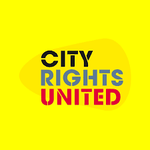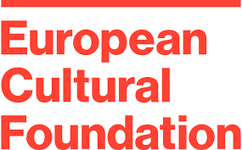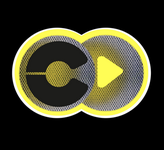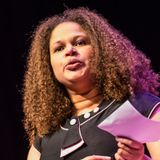In this break-out session, everyone who is interested in hearing and discussing the framing of migrants and undocumented people in media is invited. Various international refugee-led media outlets -Amsterdam City Rights Radio, Bridge Radio, Unbias the News and Calais Radio – share their work and experiences. During this session, there will also be a sneak peek into a new project on the media representation of migrants in European media. This project is aimed at changing current media representation of migrants and refugees’ communities in Europe in an inclusive and empowering manner. Both in this break-out session as in the Re:framing migrants project, self-representation of migrants is central to the discussion and work.
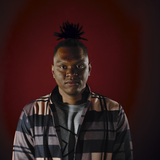
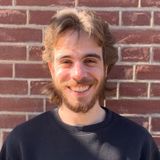

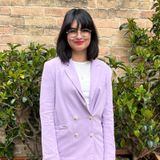
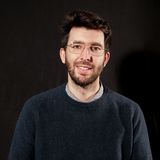
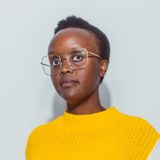
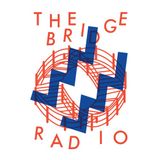

PROGRAM
We start the session with a brief presentation on existing refugee-led and migrant media outlets: which ones are out there, what is the importance of them, and which steps should be taken for the future? We do so with:
- Lucas Tello Pérez is a partner in ZEMOS98, a cultural cooperative mediating for social change based in Seville, Spain. Lucas is the coordinator of the storytelling and communications area in ZEMOS98. He also is a project manager for international projects related to new media, non-formal education, and the commons such as MediActivism (2021), Displaced in Media (2018), or NEMESIS (2021).
We then hear from various initatives themselves:
- Mohamed Bah is the founder and host of City Rights Radio, a podcast in which the voices of undocumented people are brought directly to the listeners. In City Rights Radio, a social activist group of undocumented citizens of Amsterdam discuss political matters and share their thoughts on important issues.
- Gabriela Ramírez and Zahra Salah Uddin both work at Unbias the News. Unbias the News is a feminist cross-border newsroom by Hostwriter, working towards a more equitable and inclusive world of journalism. The organization creates a space for journalists experiencing structural barriers in the field, so that emerging voices and local journalists who previously did not own the privilege to publish their pieces, are able to do this.
- Barly Tshibanda of The Bridge Radio: an online community radio platform making radio about migration politics, freedom of movements, migrant struggles, deportation and borders. A platform where people in the asylum camps and with experience of migration can share everyday experiences, strategies, ideas for mobilization, tips and tricks.
- Nik Hann is a non-binary activist, support worker and DJ, aka passer. They co-run Radio Calais, a grassroots programme broadcast on FM from Brighton’s community station Radio Reverb, alongside activists, artists and DJs, Louise Purbrick, Cate-May Hann and Seren Wynn, aka Wacha. Radio Calais mixes music and information about refugees and those that support them along the UK’s militarised border in northern France and beyond. We campaign against the UK’s hostile environment and for a borderless world.
A panel discussion between Lucas Tello Pérez (ZEMOS98), Ricardo Biggi (Amsterdam City Rights App), Gabriela Ramírez and Zahra Salah Uddin (Unbias the News) and Nik (Calais Radio) reflects on questions as: which steps need to be taken to reframe the media around undocumented people, and what we can learn from existing initiatives.
Illustrator Vivian Mule will be live-drawing this session.
Listen here to all episodes of City Rights Radio.
Listen here to The Bridge Radio interview with Amsterdam City Rights
About the conference
With various (inter)national speakers and in a mix of plenary and break-out sessions, we dive into the best practices from Europe that the City Rights United team collected. Throughout the evening, there is a walk-in marketplace with t-shirts and other merchandise run and developed by undocumented people!
Register here for the full program of this conference in Pakhuis de Zwijger (access to this offline event is free, registration necessary).
About the project
“The Toolkit for Inclusive Cities” is a collection of practices in European cities to make their cities more inclusive and accessible for undocumented people. The toolkit takes many forms: posters, videos, podcasts but also workshops and lectures. The toolkit is the result of 2 years of intense collaboration between various partners in Europe sharing their experiences, practices and knowledge on organising locally and overcoming local challenges for undocumented people. All this information is now combined in the toolkit, which will be presented during this conference on May 12 in Pakhuis de Zwijger. The conference continues for 2 days (on May 13-14) in BAK Utrecht, with worksessions and events.
The network City Rights United, started in 2019 by Here To Support, consists of partner organisations based on collaborations of citizens with and without documents.

